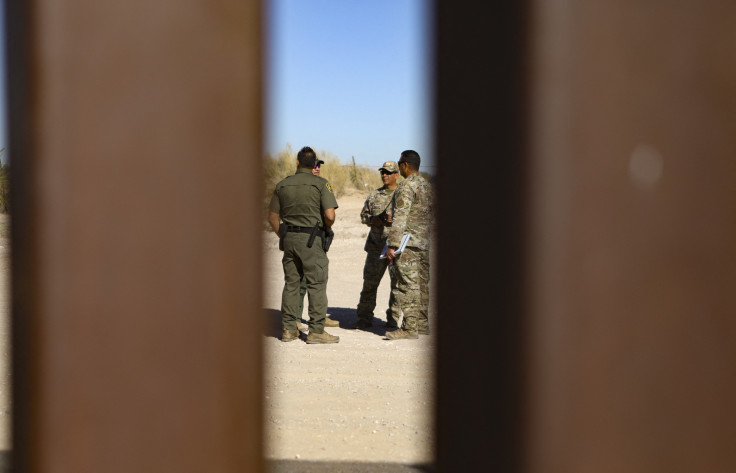
The week after the presidential elections, NBC News reported that Homeland Security Secretary Alejandro Mayorkas held a virtual meeting with Customs and Border Protection (CBP) and Immigration and Customs Enforcement (ICE) officials to address growing concern about the possibility of a surge in border crossings ahead of Donald Trump's second term, especially as the promise of mass deportations by the president-elect looms.
Concerns included everything from the availability of human resources to deal with the potential influx to worries about enough bed space in ICE detention centers.
On Wednesday, a report by the Associated Press shed a light on another trend that's been on the rise among border agents: mental health issues. The report focuses on a chaplaincy program that has been gathering steam as of late, where trained agents look to provide confidential emotional and spiritual support to peers dealing with job-related stress, family strain, and the psychological toll of enforcing immigration laws.
The chaplaincy initiative has expanded significantly, with the number of trained chaplains nearly doubling over four years to include approximately 240 agents. Participants balance their regular duties with their new roles, offering assistance to a workforce of around 20,000. The program focuses on fostering peer support, reducing stigma around mental health, and providing resources to mitigate the risks of addiction, family dysfunction, and suicide.
The report cites a recent chaplaincy training academy near Miami in which agents practiced scenarios drawn from real-life events, including supporting colleagues dealing with trauma, such as the aftermath of fatal border incidents or accidents involving agents. Chaplains are trained to offer help without judgment or proselytizing, addressing the emotional and moral complexities agents often face in their work.
The program operates alongside other Border Patrol's nonreligious peer support initiatives, including a mental health support program which has been credited with reducing the volume of suicides from 15 in 2022 to just seven reported cases this year.
Even though both differ mightily in their approach, the programs aim to tackle the effects of exposure to extreme situations, including the deaths of migrants and the impact of surging border crossings. Agents frequently encounter distressing scenes, from deadly smuggling attempts to children separated from their families.
The chaplaincy program's inclusivity has expanded, recently training Muslim and Jewish agents in addition to Christians. Participants are endorsed by their faith groups but focus on providing nonsectarian support unless religion is specifically requested by the person seeking help.
© 2025 Latin Times. All rights reserved. Do not reproduce without permission.





